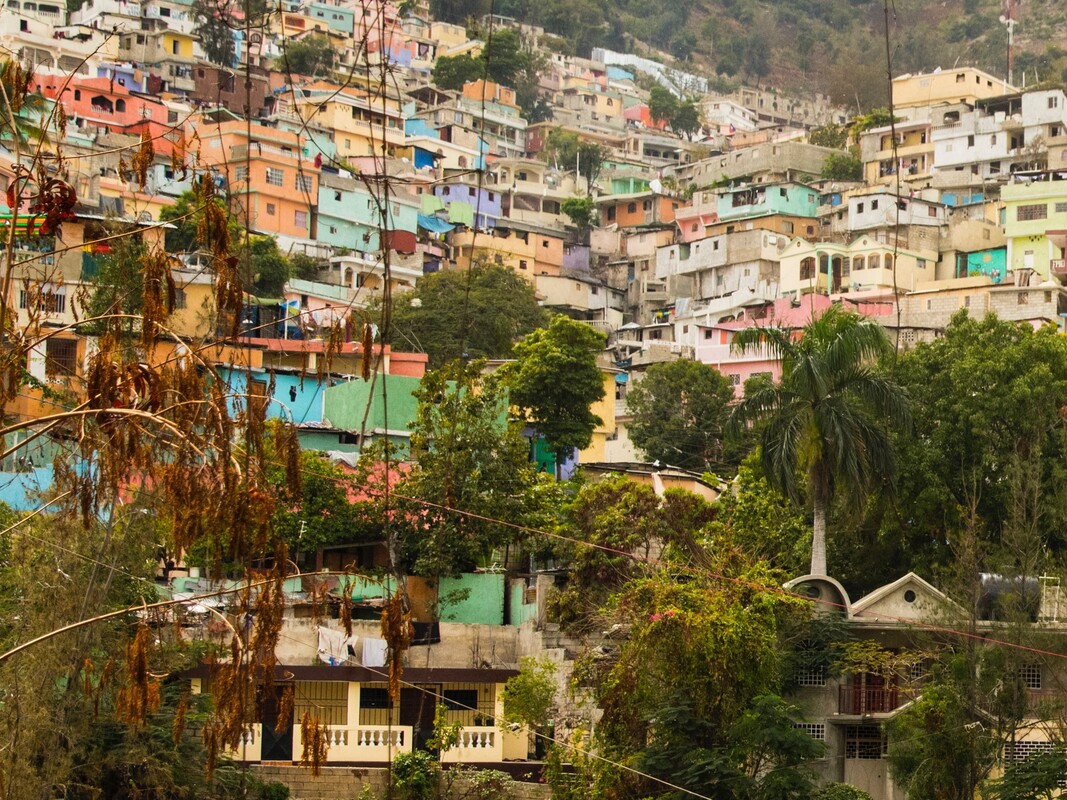|
|
|
Gaza, Solidarity and the Right to Protest Blog Series, Guest Edited by Alana Lentin and colleagues
Blog post by Shereen Fernandez and Waqas Tufail Shereen Fernandez is an LSE Fellow in the Department of Sociology at the London School of Economics and Political Science. Waqas Tufail is a Reader in Criminology in the School of Social Sciences at Leeds Beckett University. The current wave of international solidarity with Palestine has faced significant backlash in Western nations primarily from politicians and media outlets, but also from within institutions. In the United States, for instance, there are countless reports of individuals being fired from their jobs for publicly expressing sentiments of solidarity with Palestinians and particularly those under siege in Gaza. On US college campuses, doxxing of students expressing sympathy towards Palestinians using billboards attached to trucks has been employed as a technique to publicly name and shame individuals. One purpose of such tactics is to inform future employers not to hire these students but more chillingly it is a strategy used to dissuade and silence others from taking such principled action. This silencing can often be violent, as demonstrated by the recent shooting of three Palestinian male students in Vermont, who were allegedly targeted for wearing keffiyehs.
Blog post by Vadricka Etienne, University of Nevada, Reno, USA
Each year, my immigrant father embarks on a summer trip to Haiti. A lump jumps into my throat as he prepares for his journey. He’s excited to return home, but I fear for his safety. This fear grows yearly, and my anxiety spikes whenever he doesn’t answer the phone. My thoughts race to the worst-case scenarios, mainly because we’ve discussed what to do if he was kidnapped. While the rising gang violence demanded that he skip his trip last year, he would not miss another. I understand because he is at peace when in Haiti. But I find myself taking deeper breaths only when he lands in Miami, making his way home. During the summer, I consumed conflicting media reports. Mainstream media catastrophized the gang terror, while Haitian content creators shared the mundane, such as dinners out on the town, demonstrating that the violence was not everywhere in the county. These contradictions encapsulate how the children of immigrants could have a fragile relationship with their parents’ birthplace as they often experience the country through the lens of others, very rarely their own.
Gaza, Solidarity and the Right to Protest Blog Series, Guest Edited by Alana Lentin and colleagues
Blog post by Rachel Solnick and Clive Gabay Rachel Solnick is a PhD candidate in the Department of Geography and Earth Sciences at Aberystwyth University. Clive Gabay is a Reader in International Politics at Queen Mary University of London.
Israel's relentless bombing of Gaza, which scholars have warned could amount to the crime of genocide, has been met with global protests. An important element of these protests has been growing numbers of individual and collectively organized Jewish protesters, many of whom identify as anti-Zionist. Across various locations, notably in the US and Germany, Jewish anti-Zionist protestors have been met with police arrest, as well as growing calls from Zionist Jews to label them as “cherem”, an old term denoting total exclusion and excommunication from the Jewish faith. Such attempts to erase Jewish anti-Zionists are not new and have regularly characterized Zionist attacks on Jews both from within the Zionist Jewish community and from non-Jewish Zionist politicians and media. While Zionism has only been a majority position within institutionalized diasporic Jewish spaces since the mid-20th century, and could be found being resisted even as late as the 1960s*, Zionist historiographies have rendered the many Jewish non- and anti-Zionist communities and movements that characterize Jewish histories almost unknown and redundant as templates for contemporary Jewish identity. At a time when there are increasing efforts to police Jewish anti-Zionism, it is vital to historicize the traditions of non-Zionist Jewish thought and mobilization.
Gaza, Solidarity and the Right to Protest Blog Series, Guest Edited by Alana Lentin and colleagues
Blog post by Ronit Lentin A retired Associate Professor of Sociology, Ronit Lentin is the author of Traces of Racial Exception: Racializing Israeli Settler Colonialism (2018). The question to be asked is… how long are we going to deny that the cries of the people of Gaza… are directly connected to the policies of the Israeli government and not to the cries of the victims of Nazism? (Edward Said, 1994) What we are experiencing here in Gaza is not a war, but a genocide… War is between countries that have militaries, weapons, and air forces. War is not waged against 2.3 million civilians who live in an area of 360 square km and have been under siege for more than seventeen years (Ruwaida Amer, 2 November 2023)
A month into the Israeli genocidal attack on Gaza, junior minister Amichai Eliahu called for dropping a nuclear bomb on Gaza, saying “Gaza has to stop existing… (Gazans) cannot live on this earth”. He later retracted, saying it was “only metaphorical.” But genocide is not a metaphor, to borrow from Eve Tuck and Wayne Yang’s essay, “Decolonization is not a metaphor”.
|
|
Explore Identities at tandfonline.com/GIDE |
|
The views and opinions expressed on The Identities Blog are solely those of the original blog post authors, and not of the journal, Taylor & Francis Group or the University of Glasgow.




